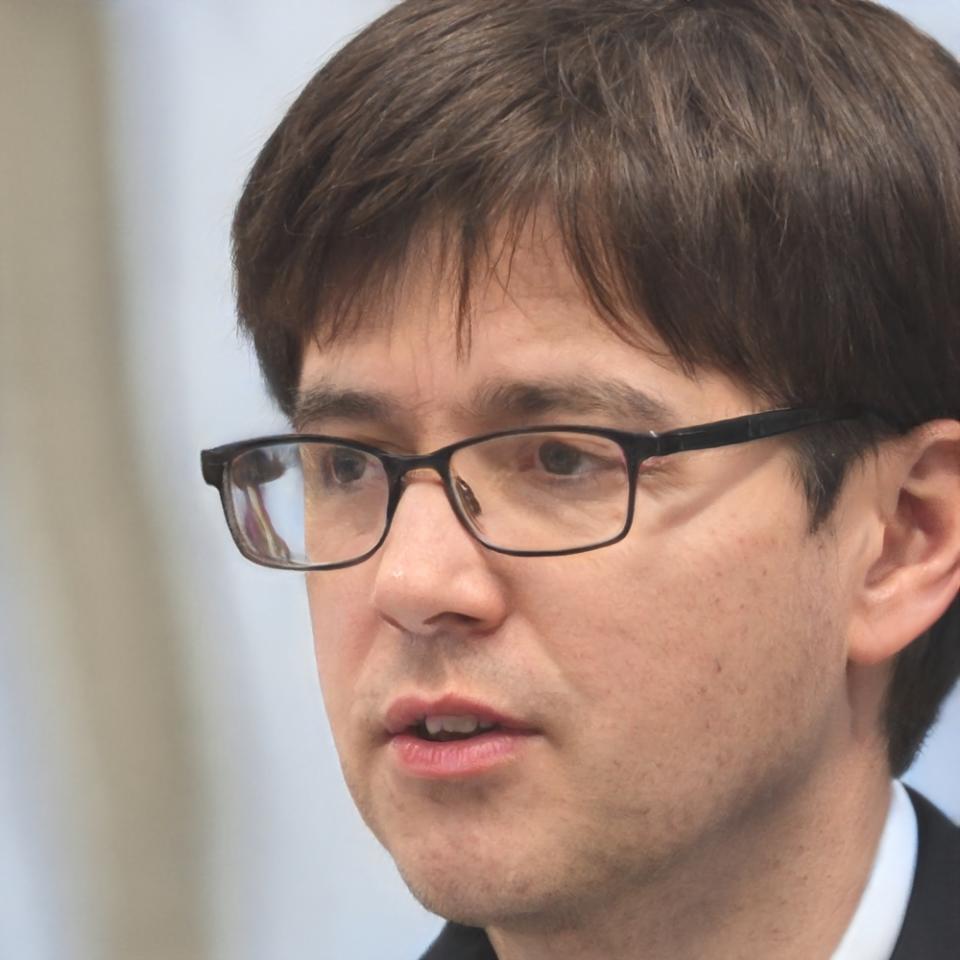Building Financial Clarity Since 2018
We started with a simple question—why is financial stability so hard to understand?
Seven years later, we're still asking better questions. And helping thousands of people find answers that actually make sense for their lives. Not textbook theory. Real financial understanding that works in practice.
Our Journey Forward
From a two-person consulting room to a team serving communities across Tasmania and beyond
The Beginning
Started with evening workshops in Hobart. Eight people showed up to the first one. We talked about budgeting without spreadsheets and debt without shame. Those early conversations shaped everything that came after.
Expanding Through Challenge
When everything went remote, we adapted fast. Launched online assessments and virtual consultations. Turns out, people appreciate talking about money from their own couch. Reached more households in six months than we had in two years.
Growing the Team
Brought on certified analysts and education specialists. Started working with community organizations. Our workshops became part of local council programs. Suddenly we were in libraries, community centers, even a few high schools.
Reaching Further
Launched comprehensive online programs. Partnered with regional support services. Started tracking long-term outcomes—not just satisfaction scores, but actual financial stability improvements over time. The data keeps us honest.
Looking Ahead
Developing specialized programs for different life stages. Planning workshops throughout 2025 and into 2026. Building tools that help people understand their own patterns. Because financial stability isn't one-size-fits-all.
The People Behind the Work
Financial analysis can feel impersonal. We think it works better when you know who's actually reviewing your situation and designing your learning path.

Siobhan Kilpatrick
Chief Financial Analyst
Spent twelve years in corporate finance before realizing she wanted to help actual people, not just balance sheets. Now specializes in stability assessment and making complex financial situations understandable. Has a habit of explaining things using food analogies.

Declan Ashworth
Senior Education Coordinator
Former high school teacher who got tired of seeing students graduate without basic financial literacy. Designs our programs and runs most of the workshops. Known for turning boring topics into conversations people actually want to have.
What Guides Our Work
These aren't just nice words on a wall. They're the filters we use when making decisions.
Clarity Over Jargon
Financial language is deliberately complicated. We translate it into plain speech. If we can't explain something clearly, we question whether it's actually important.
Context Matters
Your situation isn't the same as the next person's. We look at where you are, where you want to go, and what's realistic given your actual life. Not someone else's blueprint.
Long-Term Thinking
Quick fixes usually aren't. We focus on sustainable changes that still work six months later. Progress over perfection. Small improvements that compound over time.

How We Actually Work
We're not here to judge your past financial decisions. Everyone has a story. Our job is to look at where things stand now and help you figure out the next reasonable step.
Most of our clients start with a stability assessment. It's a structured look at income, expenses, obligations, and cushions. Takes about ninety minutes. We ask questions, you provide honest answers, and we map out what we're seeing.
- Honest assessment of current financial position without sugar-coating
- Practical strategies that work with real budgets and actual constraints
- Education programs running September through November 2025
- Follow-up support because change doesn't happen in one session
Why Financial Stability Education
Because understanding money shouldn't require a finance degree. Most people never learned this stuff in school. They're figuring it out through trial and error, which gets expensive.
We created these programs after hearing the same questions dozens of times. How much emergency fund is enough? When does debt become a real problem? How do you plan for irregular income?
Our workshops run throughout 2025 and into 2026. Small groups, practical topics, real scenarios. People leave with tools they can actually use. And a clearer picture of where they stand.
Visit our office at 114 Bathurst St in Hobart, call us at +61401380945, or send a message to info@rivenalquoxa.com. We'll find a time to talk.
